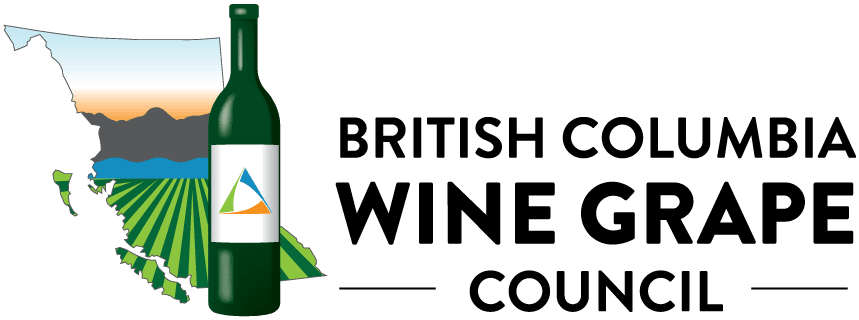Who or what does the organization report to?
The Agriculture Land Commission reports to the British Columbia (BC) Cabinet. It is administered by the BC Ministry of Agriculture.
Mandatory/Regulatory or Voluntary/Non-Regulatory
Mandatory/Regulatory
Description
The Agriculture Land Commission (ALC) is an independent administrative tribunal comprised of appointed Commissioners that are responsible for administering the ALC Act.
Summary
Under Section 6(1) of the Agricultural Land Commission (ALC) Act, the purposes of the ALC is to:
- to preserve the agricultural land reserve;
- to encourage farming of land within the agricultural land reserve in collaboration with other communities of interest; and,
- to encourage local governments, first nations, the government and its agents to enable and accommodate farm use of land within the agricultural land reserve and uses compatible with agriculture in their plans, bylaws and policies.
Under Section 6(2) of the ALC Act, the ALC must also give priority to protecting and enhancing:
- the size, integrity and continuity of the land base of the agricultural land reserve; and,
- the use of the agricultural land reserve for farm use.
What does the organization regulate or is in charge of with respect to vineyards/wineries
The Agricultural Land Commission (ALC) regulates land uses with the Agricultural Land Reserve (ALR), a Provincial zone in which agriculture is recognized as the priority use, farming is encouraged and non-agricultural uses are restricted. The ALR protects approximately 4.6 million hectares of agriculturally suitable land across British Columbia (BC), comprising about 5% of BC’s land base.
The ALC Act sets the legislative framework for the establishment and administration of the agricultural land preservation program.
The ALR General Regulation identifies the procedures for submitting applications and notices of intent to the ALC.
The ALR Use Regulation specifies land uses permitted within the ALR and establishes thresholds for when an application is required for certain farm use activities such as farm product processing; farm retail sales; agri-tourism accommodation; and agri-tourism activities.
Section 13 of the ALR Use Regulation defines what alcohol products are and sets thresholds for processing, lounges, and events. On a farm up to 2 ha, at least 50% of the primary farm product (e.g. grapes) must come from the farm. On a farm larger than 2 ha, a farm may contract from other BC growers to meet the 50% requirement. Winery lounges cannot exceed 125 sq meters inside and 125 sq meters outside.
Required Reporting for BC Vineyards/Wineries
BC wineries are not required to report out to the Agricultural Land Commission (ALC), though local governments may require that wineries receive endorsements from the ALC to ensure that their facilities are consistent with the ALC Act and its regulations. The ALC works closely with Liquor and Cannabis Regulation Branch (LCRB) to ensure that wineries are consistent with the ALC Act and its regulations.
How is this organization involved with starting a Vineyard/ Winery?
The ALC does not generally get involved with “authorizing” a winery. Usually, a local government issues building permits for structures (e.g. the processing facility, lounge, etc.). However, at times local governments request confirmation that the winery is consistent with the input thresholds of the ALR Use Regulation.
